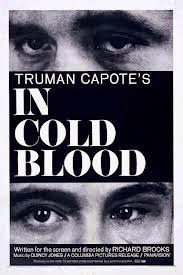Captain Phillips

"Ok, that is a big weapon..." Captain Phillips (2013) is one of those stories that make you think: "Why did they have to make a movie out of this?" Based on real facts, the premise could not be simpler- the captain of a cargo ship saw his vessel being invaded by a group of Somali pirates in 2009. His determination helped preserve his ship and the crew but not himself. As a result of his brave defense he got kidnapped by the pirates who threatened to kill him unless they were paid a ransom. Really the production was done with great care, seeing to every detail so it looks quite realistic in some points. Mostly the action is based on the interaction between Captain Phillips (Tom Hanks) and the pirates, especially their leader called Muse (Barkhad Abdi), and it goes that way to the very end. One of the high points is how the pirates are depicted. They are cruel, even merciless, but not without reason. They are actually fishermen who are forced by local gangst



























